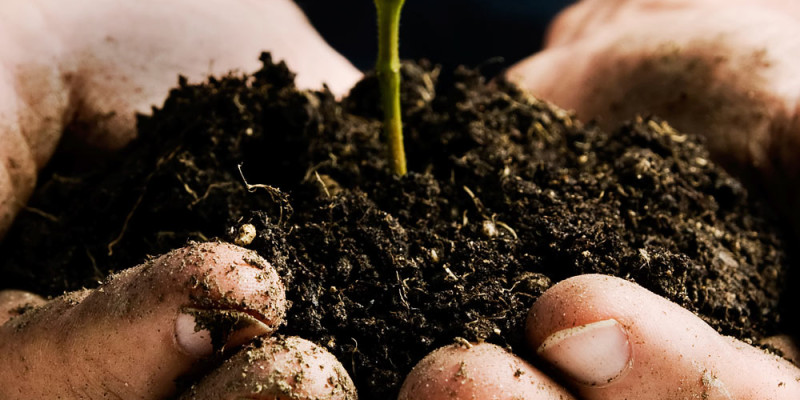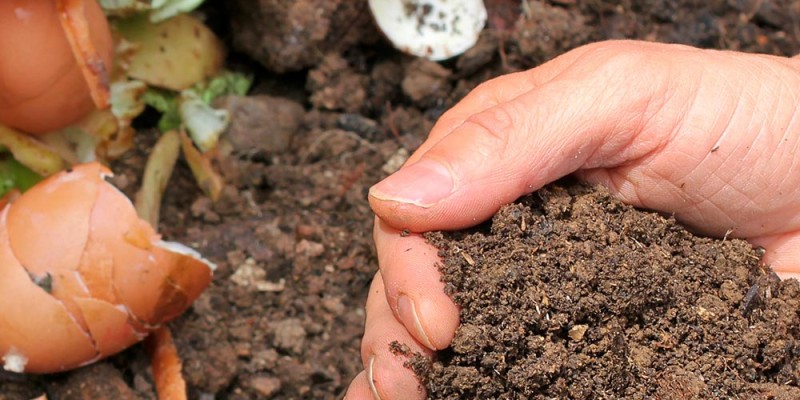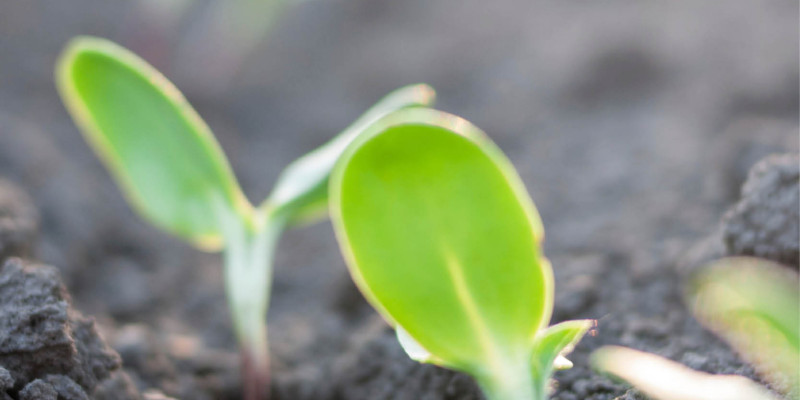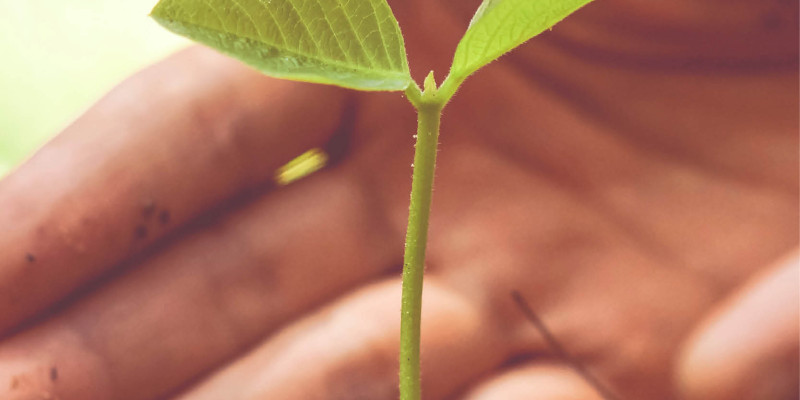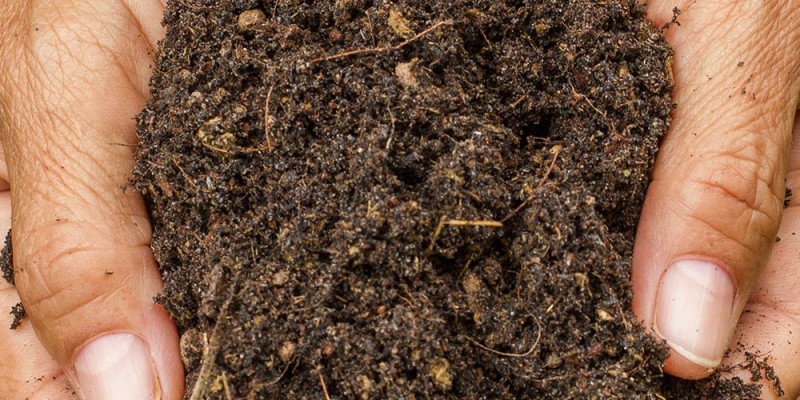Last time we began to discuss the nutrient cycle in the garden. As a part of that discussion we spoke of the 18 elements that plants require to live.
On todays episode we are going to dive deeper into the nutrient cycle and what us Humans need to get out of it.
Through an elimination study universities were able to determine plants only require 18 elements in a bioavailable form for optimal growth. Humans are not as lucky as plants. We humans require the 18 plants do plus another 8 for a total of 26 of the roughly 98 elements.
the 26 elements were pick up in a variety of biochemical survey methods however their relationships are not well understood.
The essential elements we need to survive can be broken down into a number of categories: Vitamins, Dietary minerals, essential fatty acids and essential amino acids.
For the purpose of this episode we are going to focus in on dietary minerals as vitamins, fatty acids and amino acids are produced by either our plants or other food sources and healthy soil should be able to accommodate their development if vegetables and fruits are the source. Some of them come from other sources outside the garden. A full list is in the description below.
Full List of Vitamins:
http://en.wikipedia.org/wiki/Vitamin
Full List of Amino Acids:
http://en.wikipedia.org/wiki/Essential_amino_acid
Essential Fatty Acids:
http://en.wikipedia.org/wiki/Essential_fatty_acid
Dietary minerals are the chemical elements required by living organisms with the exception of carbon, hydrogen, nitrogen and oxygen that is present in organic molecules. These minerals are not actual minerals rather the chemical elements we required in a form we can take up and use or in a bioavailable form.
Most of these elements are relatively common on land in healthy ecosystems. One of the most well-known elements that plants don’t need that we do is Sodium a main component of table salt. Both sodium and iodine are less common on land however typically are found in other dietary sources.
** Mammalian Elemental Requirements
Organic Base Elements: H, C, N, O
Quantity Elements: Na, Ng, P, S, Cl, K, Ca
Essential Trace Elements: Mn, Fe, Co, Ni, Cu, Zn, Se, Br, Mo, I
Possible Structural Or Functional Role in Mammals: Li, B, F, Si, V, Cr, As, Sr
Plants wont let us down though. Although they do not need some of these elements plants are able to absorb them through the roots and incorporate them in the crops we harvest and eat.
In order to make the minerals bio-available beneficial bacteria play a key role converting them from the parent material.
Nutrition is important and its better when ripe. For example a recent study on green and red sweet peppers show an increases of trace elements when the pepper is allowed to ripen.
In order to make sure the soil is healthy and can provide both the 18 elements plants need and the additional 8 we do you can do a few simple cost effective trick can help the soil food web and nutrient cycle. Mulch, compost and actively aerated compost tea are some of the pillars I use to do this in my garden. If you would like more information on this please feel free to click the link to Episode 4 in this series the Nutrient Cycle.
Elemental uptake can be a negative thing as well. Although we require 26 elements some of them when in high enough concentration can become toxic. Alternately plants can take up elements that we don’t need and can become toxic when the concentrations increase.
The garden soil series is intended to not only show you how to organically improve your soil but to understand some of the implications our choices have on the food we eat. Over the next few episodes we are going to start to talk about different common chemicals and additives that are used in the garden
If you have missed any of the previous episodes and would like to catch up click the link to the playlist.
Thank you for spending time with me today. I appreciate it very much. I hope you have a fantastic day!
http://nrcca.cals.cornell.edu/nutrient/CA1/CA010102.php
http://en.wikipedia.org/wiki/Dietary_element
